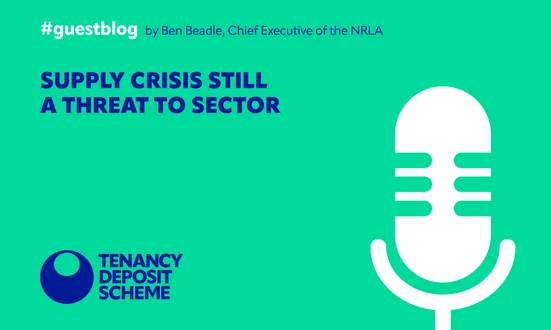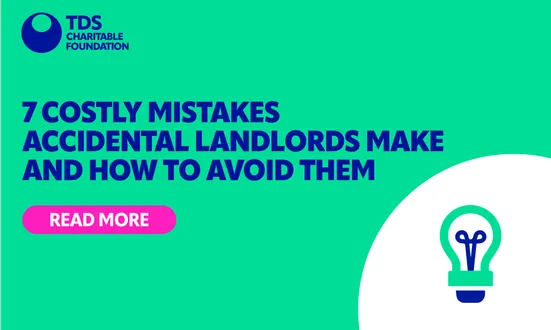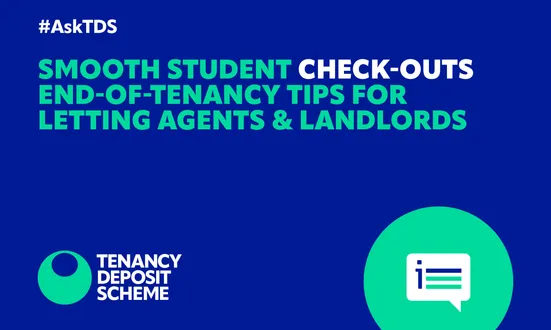The government recently released a evaluation of right to rent checks, delving into how landlords understand and use the right to rent process. The government used mystery shoppers alongside direct research with landlords to uncover the trends. Here are some key takeaways from that research – and what opportunities this represents for agents.
How many landlords use letting agents to conduct right to rent checks?
The government’s research highlights that the majority of landlords use letting agents to carry out their right to rent checks, at 64% of those surveyed.
Only 29% of landlords attempt to carry out the checks themselves, with others using referencing services directly.
Landlords that use letting agents or outsource for another service to do the checks on their behalf, said that they did so due to:
- the time they save
- the hassle they avoid
- the ability to hand responsibility to another body
Are private landlords aware of right to rent checks?
The government’s research shows that 79% of private landlords were “aware” of the right to rent scheme in January 2021 – with a big increase in awareness since 2020.
While 53% would consider themselves to be “well informed” about the checks, the research also shows that 16% of the landlords were uncertain of the changes to the right to rent guidance during Covid-19.
Self-managing landlords not using an agent to help them reference their tenants – particularly with small portfolios – or that weren’t part of a landlord membership organisation were even less aware of how to conduct checks.
The report highlights that this group’s reliance on word-of-mouth and media means that their understanding is “incomplete”.
Do landlords like right to rent checks?
More than half of landlords surveyed said that they had a “positive opinion” about the checks. Those that felt well informed about how to conduct checks unsurprisingly also felt more positively about the checks.
The reasons behind those positive thoughts varied. Twenty-eight percent thought that the checks were a “worthwhile idea”, while 17% felt that it adds an extra layer of security. Sixteen percent said that the checks help ensure their tenants are legitimate.
However, there was some negative feedback about the checks. Forty-two percent of landlords surveyed feel that the burden of immigration checks shouldn’t sit on their shoulders – a sentiment that increased since 2020, coinciding with new rules around Brexit.
How do landlords normally find information about right to rent checks?
There is guidance available on gov.uk on how to complete right to rent checks.
However, only 54% of landlords said that they’d read at least one of the documents available from that site – and 66% said that they got information from a source other than the government site.
Letting agents were cited by 36% of landlords as a source of information about completing the checks, while only 28% of landlords had accessed no information about the checks.
How can letting agents use these insights to support their landlords – and attract new ones?
The knowledge that letting agents hold on right to rent checks is yet another opportunity to demonstrate the value that they can bring to landlords.
Under the legislation, landlords that let to someone that doesn’t have the right to rent could face fines of up to £3,000 – or even a prison sentence – if they didn’t follow the government guidance.
With fraud in the referencing process on the rise, new technologies such as Identity Document Validation Technology can help agents complete the checks, offering their landlords an extra layer of security. Agents would also benefit from the time saved in not needing to check the documents of their British or Irish applicants in person with this technology.
This expertise and the new technologies helping agents stay compliant with right to rent checks are therefore a strong argument when helping landlords understand the need for the support of a letting agent.
TDS API and Goodlord have integrated, saving agents up to 10 minutes per tenancy registration. You can read more about this integration with Goodlord here.

Protecting deposits with Tenancy Deposit Scheme is quick and easy. Choose from our FREE custodial scheme, or our best value Insured scheme. Protect today.
Originally published on Goodlord’s Newsagent. For more information about the government survey, visit gov.uk.
Other news stories


